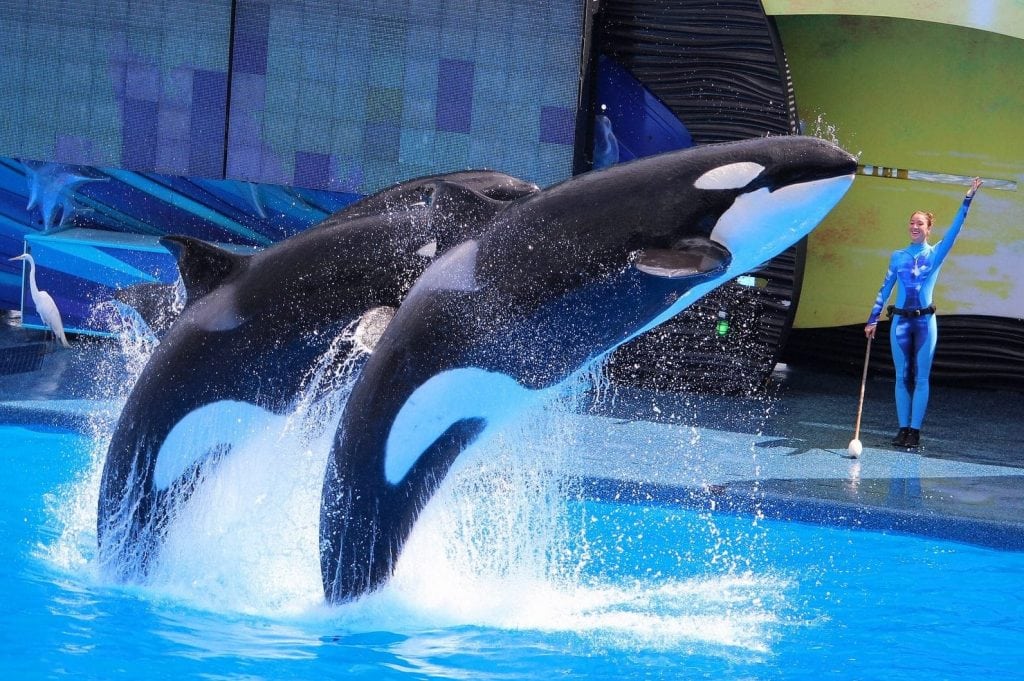SeaWorld, Ex-CEO Agree to $5 Million Settlement in Blackfish Fraud

Skift Take
More than five years after the Blackfish documentary made a splash, SeaWorld is finally facing the music for lying to the public about the impact. In a way, though, the company has been paying a price for years: A $5 million settlement is a drop in the bucket compared to quarter after quarter of lost revenue.
More than five years after the documentary Blackfish took aim at SeaWorld Entertainment's handling of captive killer whales, the company has agreed to settle fraud charges with the Securities and Exchange Commission over statements executives made in the aftermath.
SeaWorld agreed to pay a $4 million penalty, while former CEO James Atchison will pay a penalty of more than $1 million, the SEC announced Tuesday. A former communications vice president, Frederick Jacobs, will pay about $100,000. The company revealed last month during an earnings call that a settlement was in the works.
"The company is pleased to have resolved this matter and to continue to focus on delivering superior guest experiences, world-class animal care and rescuing animals in need," SeaWorld said in a regulatory filing. The company's portfolio includes SeaWorld, Busch Gardens, and Sesame Place theme parks around the United States.
SeaWorld and Atchison agreed to the settlement without admitting or denying the allegations levied against them by investigators. The SEC filed a federal complaint in New York Tuesday laying out t
